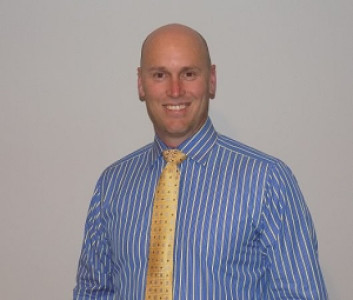EndSlavery App for the Mekong Club
Vocal Characteristics
Language
EnglishVoice Age
Young Adult (18-35)Accents
North American (General)Transcript
Note: Transcripts are generated using speech recognition software and may contain errors.
there are over 40 million people in situations of modern slavery worldwide. Collectively, we're helping Onley 0.2% of the victims. This means that several men, women and Children, often migrant workers are in situations of forced labor and human trafficking, and that only a very small fraction of them are being successfully identified and subsequently helped. What makes identifying a trafficking victims so difficult for front line responders? First language barriers victims speak a host of different languages and dialects. If the frontline responder can't speak the victims language or doesn't have access to an interpreter, he cannot communicate with the victim. Second trust interpreters may be bribed or not sufficiently trained to correctly identify the victims. Third fear. Often times victims are interviewed near the traffickers or exploiters, so they do not speak up for fear of Reprisals. As a result, many victims lose what is likely to be their only opportunity to be rescued, and the enslave er's continue unhampered. Based on this problem, the Mekong Club and United Nations University Institute on Computing and Society are developing a victim identification app that bridges the communication gap, empowers victims and supports rescue operations. How does this app work. Step one, the frontline responder, downloads the APP on his smartphone. The APP will offer several screening questionnaires in different languages. Step two. When approaching the potential victim, the frontline responder selects one questionnaire and shows the app to the potential victim. Step three. The potential victims selects his language by clicking on a flag representing his country or ethnic group. Step four. The APP plays the questionnaire through recorded audio files. The potential victim can answer yes, no or repeat question. Step five. Once the questionnaire is finished, the phone is returned to the front line responders who can assess if the person is likely to be a victim and can take further action. The APP works off line and can be easily updated with more languages and questions. The Mekong Club and U. N U. C s have chosen Thailand as pilot country. Through the help of D s I. U N Act and several NGOs, they have improved and developed the first pilot of this tool that will be rolled out in 2018
